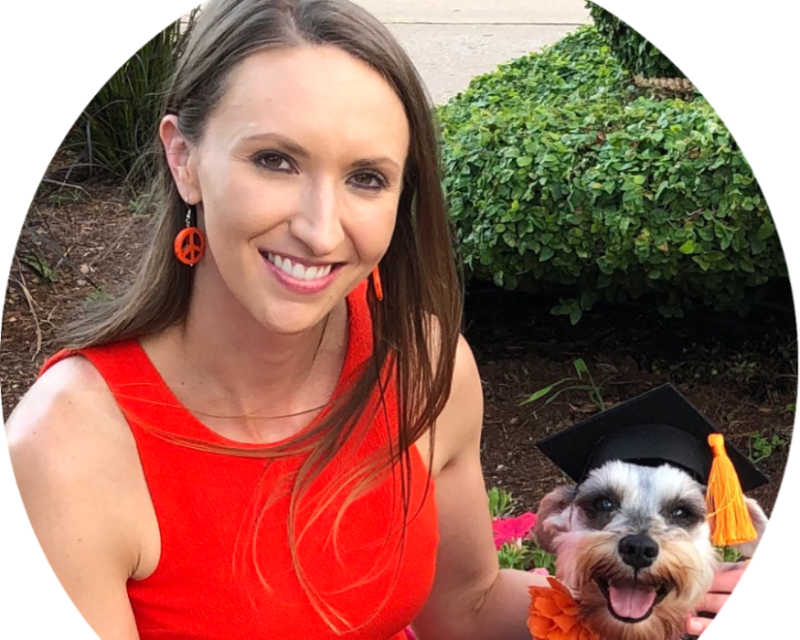Dr. Rachel Schmitz
Department of Sociology
People from all walks of life struggle with navigating our social world and experience inequalities in a variety of ways. In the United States alone, health inequalities are especially troubling, with millions of Americans lacking consistent and reliable access to health resources like information, care, and supplies. People from stigmatized backgrounds often face heightened health challenges as they manage prejudice and discrimination around gender and sexuality, such as lesbian, gay, bisexual, transgender, and queer (LGBTQ+) populations. While these significant numbers speak for themselves, what do the lived realities of people enduring health inequalities look like? How do people cope with their life struggles and resist sources of oppression? Elevating marginalized people’s voices and perspectives is the catalyst for Dr. Rachel M. Schmitz’s (she/her/ella) research. Starting her research at Oklahoma State University in Fall of 2018, Dr. Schmitz is an Assistant Professor in the Department of Sociology.
As a qualitative researcher, Dr. Schmitz specializes in research projects that center marginalized people’s perspectives. Specifically, LGBTQ+ largely experience stigma from multiple social sources, including family, colleagues, and laws and policies. Social stigma from so many directions can shape stressors for LGBTQ+ people, known as minority stress, and result in elevated experiences of health challenges. A large body of research has documented these statistical patterns; however Dr. Schmitz contributes to the field by humanizing these statistics and revealing how LGBTQ+ people understand, experience, and cope with minority stressors. Spotlighting marginalized groups’ lived realities is essential to promoting more equitable social policies as well as enhancing resources for underserved populations.
Through in-depth interviews as well as mixed methods studies of interviews and surveys, Dr. Schmitz and her collaborators have highlighted intricate processes describing how LGBTQ+ people’s lives are shaped by stigma and inequality. Furthermore, Dr. Schmitz’s research adopts a strengths-based perspective to emphasize how people do not simply endure oppression, but they actively resist it through innovative strategies. For example, one recent study expands definitions of family beyond humans alone to also be inclusive of companion animals in LGBTQ+ people’s constructions of chosen kin. Four-legged and furry (sometimes scaly or feathery!) pets can be vital sources of support and strength for people, especially for those navigating stigma. Additional collaborations reaching Oklahoma, Wyoming, and South Texas further shed light on diverse inequalities, such as in rural areas that tend to go underrepresented in research.
Statistics are a critical source of data to show population level patterns, but without people’s stories we lose important context, perspective, and humanization of social inequalities. In moving towards a more just, equitable, and inclusive society, it is relevant for all people to understand our fellow person’s experiences beyond our own. Gender and sexuality processes impact our lives in significant, yet sometimes invisible, ways that warrant constant inquiry into how they shape people’s wellbeing.

